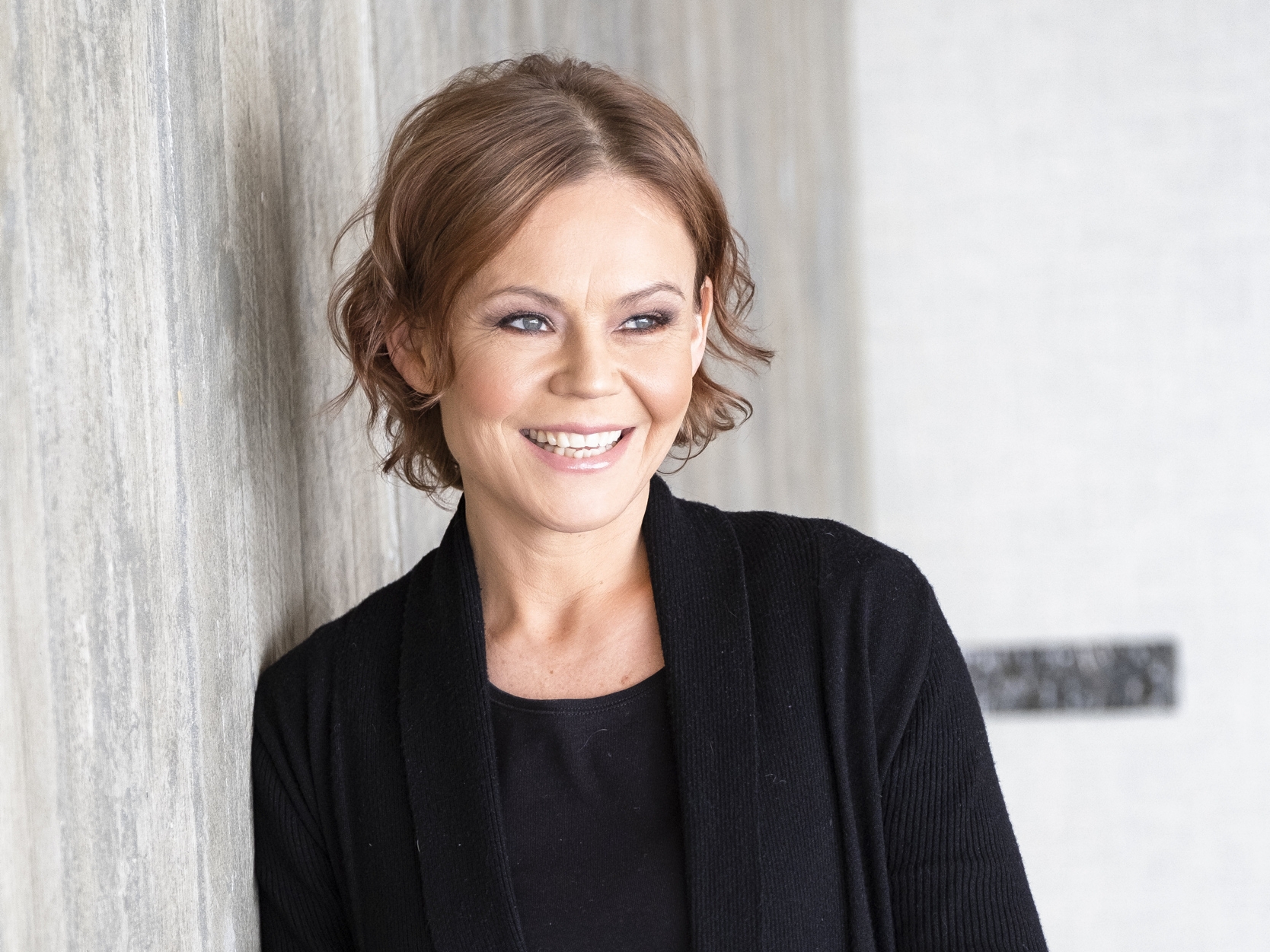
- HFPA
HFPA in Conversation: Tinna Hrafnsdóttir Keeps Her Vision
Icelandic filmmaker Tinna Hrafnsdóttir describes her home country as a great setting for crime stories. She tells HFPA journalist Tina Jøhnk Christensen that in January there is darkness almost 18 to 20 hours a day. “It gets sometimes quite scary. You also have the snow and you have these mountains and you can easily portray a thriller landscape and atmosphere.”
She owns a production company, Freyja Filmwork, with three other women. They started their own company because they wanted to have more control over their own projects. “I think I’m a very good boss. At least, I have heard that from my crew and my coworkers. I have experienced and I have known about some bosses in the film sector that haven’t shown respect to their colleagues by screaming or whatever, rant. What I feel is the most important thing when you are producing or creating something with other people is that you show people respect because all in all, everyone is trying to do their best.”
When she directs she has a clear vision but she listens to others. Her upcoming feature film, Quake, is based on the best-selling novel “Grand Mal” by Audur Jónsdóttir. She also wrote the script and has a role in the movie “When I read the book, I instantly felt a strong connection to what Saga, the main character, goes through. It’s a psychological drama, but with a touch of suspense, about the most important yet most difficult challenge in life, at least in my opinion.”
Quake is a coming-of-age story about a woman whose family has a dark secret that has been kept hidden because it happened when she was young. “It’s the moment when you have to face, really face, who you are and what made you become that person. That is sometimes very difficult when you come from a difficult upbringing or your childhood wasn’t exactly the perfect one.”
She can relate to the story. “It’s not that I have been through exactly the same, but I know this journey from denial to acceptance. There were things in my childhood that I had to process, and I had to realize that I had to face it and accept it and fix it in my own soul to be able to not let my own children be affected by it because you have to stop the chain.”
Listen to the podcast and hear why she thinks Iceland is a film-friendly country; what kind of film school they have and how the film financing works in Iceland; how’s the film collaboration between Nordic countries; what kind of policewomen she is playing on The Valhalla MurdersQuakeQuake and how was it working with her; how important it is for her to tell female stories; what kind of stories inspires her; and what she wants to do in the future.

